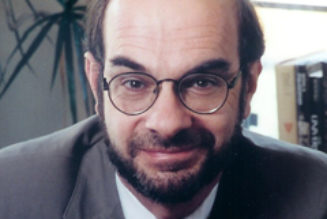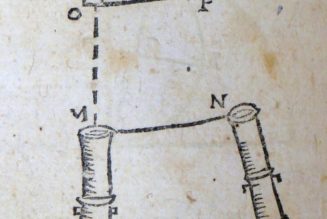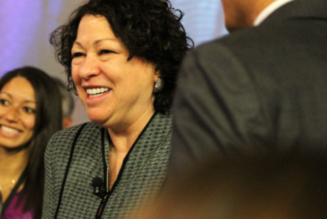 Question: Is it permissible for a person to be registered at two parishes? We are blessed with lots of options, and one parish seems to meet our formation needs better, while the other connects us with a diverse community that we value.
Question: Is it permissible for a person to be registered at two parishes? We are blessed with lots of options, and one parish seems to meet our formation needs better, while the other connects us with a diverse community that we value.
— Donald R. McCrabb, Greenbelt, Maryland
Answer: It is permissible. Your experience is a common one today, and both parishes may wish to have you in their records so as to reach out from time to time.
In terms of Canon Law, no distinctions or requirements should be based on the question of “registration” in a parish. The concept of registration is a very American one — and a concept that helps in many ways, but it is not a strict requirement of Church law. A parish or a pastor who refuses to extend sacraments or other ministrations based on whether a person or family is registered is violating the rights of such Catholics. There may be other canonical grounds wherein a pastor or parish seeks to delay the celebration of sacraments until certain expectations are met, but registration is not one of them.
Simply put, there is no requirement to be “registered” in a parish in order for sacraments to be celebrated, or other requests, such as “letters of good standing,” be issued.
That said, Catholics who do not practice their faith in any meaningful way ought not simply demand that pastors or parishes write letters of good standing or declare that they are faithful Catholics if there is no evidence of this. “Registration” is an American way of seeking to organize a parish and assist in communicating and unifying a parish. Faithful Catholics generally appreciate this and cooperate with parish attempts to unify and reach out in meaningful ways. Hence, many pastors and parish staff are often dubious of the status of those who seek letters of good standing, etc., who are otherwise unknown to the staff and leadership of the parish. Paper has perfect recall, and records of registration and ongoing contributions carry a lot of weight in terms of demonstrating regular attendance and on-going support of the work of the church.
So, where does all this leave us? Pastors and parish staff ought not treat registration as if it were required by law, which it is not. But, neither should Catholics refuse the reasonable request that they be registered where they regularly attend.
Authentic piety
Question: What is authentic piety? Some years ago, I was told I was sweetly pious, which, as a male, I did not think was good. So what makes for authentic piety?
— Name, location withheld
Answer: Piety is from the Latin word pietas, which refers to family love. This distinguishes it from romantic love, brotherly love (the love of friends) and divine or supernatural love. In family love, we are faithful to duties we have to family rituals, celebrations and family members, such as parents, elders and siblings. We exhibit this by maintaining unity, assisting them in their needs, and showing loyalty and support even in times of adversity or conflict.
Piety, in religious settings, considers the Church as a family. It therefore inspires loyalty to Church teachings, participation in her rituals and celebrations, and a love and devotion to God, the things of God and the People of God. Piety is exhibited in a regular attendance at Mass and other devotional times and practices. It is also exhibited by a prayerful enthusiasm that manifests faith and love.
As for piety not seeming to be a manly virtue, this would be a false conclusion. Piety includes many strong and manly traits, such as heroic stability in a changeable world, steadfast adherence to Church teachings and rituals, and a supportive attitude that contributes to the upbuilding of the kingdom of God. There is more to piety than a sentimental attitude to traditions. Just as in family life and love (pietas), there is loyalty, supportive strength, attention to duty and reverence for tradition that are pillars of spiritual piety.
Whispered words
Question: I have noticed that the priest says something after proclaiming the Gospel, but I can’t hear it. What does he say?
— Martin Moeller, Springfield, Massachusetts
Answer: After the priest or deacon says, “the Gospel of the Lord,” the people respond, “Praise to you, Lord Jesus Christ.” During the time of their response the priest or deacon is directed to say quietly, “May the words of the Gospel cleanse us from our sins.” This is an ancient prayer summoning hope that the proclamation of the truth of the Gospel will transform us and our minds.
Msgr. Charles Pope is the pastor of Holy Comforter-St. Cyprian in Washington, D.C., and writes for the Archdiocese of Washington, D.C. at blog.adw.org. Send questions to msgrpope@osv.com.
Join Our Telegram Group : Salvation & Prosperity











